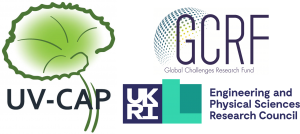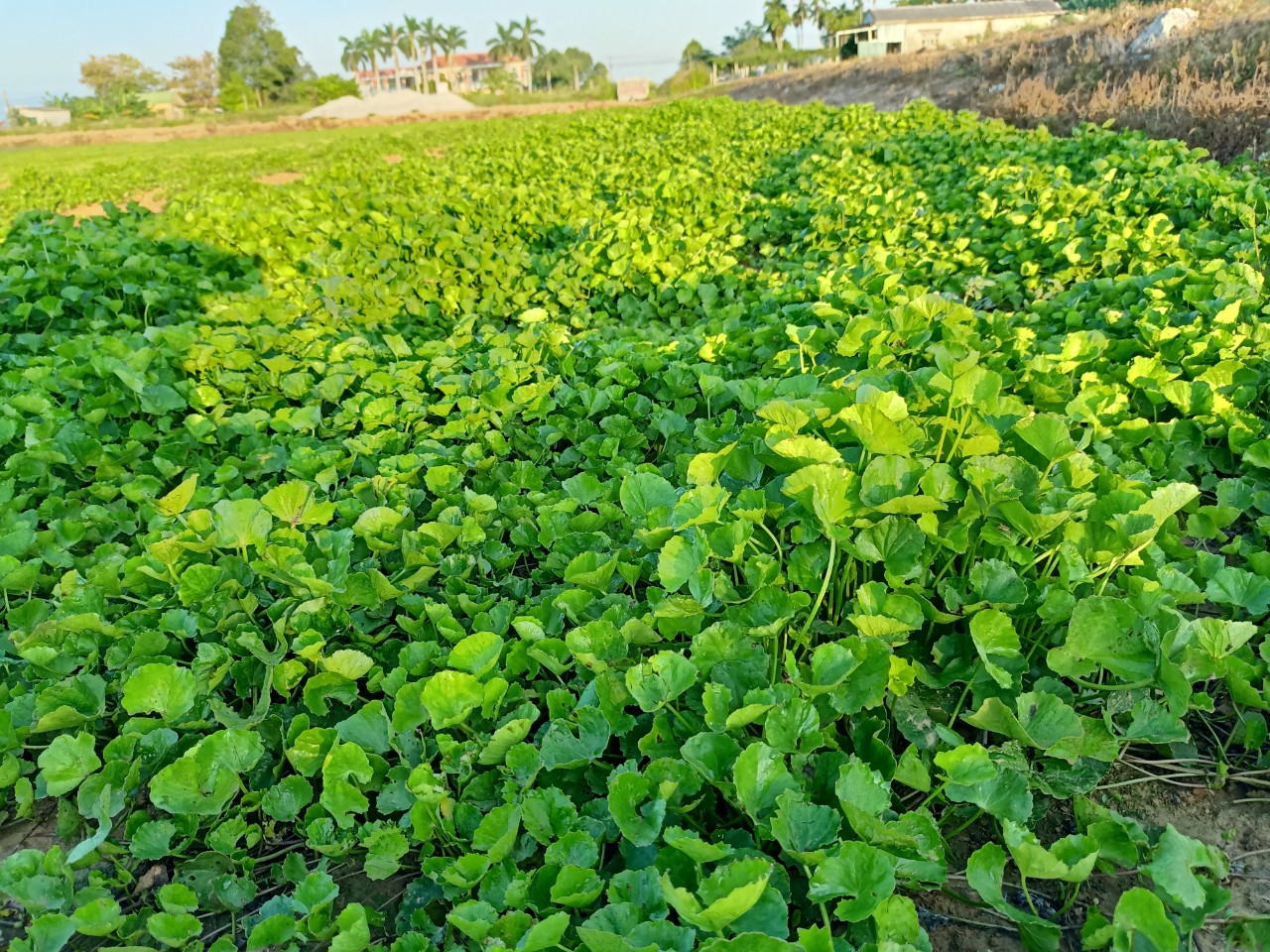
Liver cancer is a critical problem in Viet Nam, killing 25 thousand Vietnamese individuals each year – more than any other cancer. The problem is especially acute in Viet Nam because of the convergence of overlapping risk factors: hepatitis B and C are prevalent; alcohol consumption is very high; dioxins persist in the environment stemming from the use of Agent Orange during the Viet Nam War; and cultural and economic factors mean that patients frequently present for modern medicine only at a very advanced stage, relying first on traditional herbal remedies.
However, Viet Nam also presents unique opportunities. Its traditional medicine is largely empirical i.e. based on experience rather than philosophical convictions. There is therefore opportunity for the discovery of natural products with therapeutic efficacy, which could be developed as approved drugs in an informed way through chemistry and biology. Centella asiatica is a popular medicinal herb, and our Vietnamese partners have discovered that one of its natural products, madecassic acid, is active against liver cancer, with chemical derivatives showing further improved potential.
Funded by the UK’s Global Challenged Research Fund through the Engineering and Physical Sciences Research Council, We are working on a number of fronts to bring madecassic acid derivatives forward as potential new therapeutics against liver cancer, which could be produced within Viet Nam. This involves optimisation of growth conditions for maximal madecassic acid production (using analytical chemistry), improvement of chemical extraction processes, broadening the range of chemical derivatives in hand, in-depth studies using chemical biology of the cellular effects of madecassic acid, and exploration of use of polymers to control the rate of release in the body. This work will be underlined and supported by networking activities with stakeholders (doctors, industrialists, farmers, policy makers) in Viet Nam, and survey work to assess attitudes of the population to medicines which cross over the traditional-modern divide.
